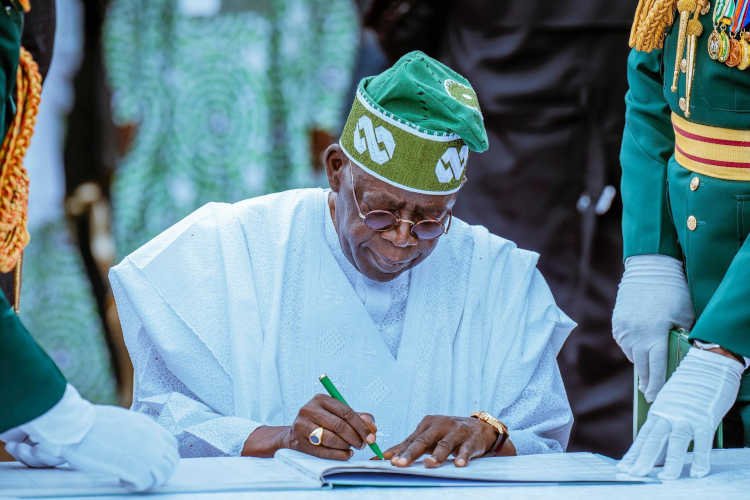President Bola Tinubu’s call on the Plateau State Governor, Caleb Mutfwang, to address the root causes of communal conflict in the state is troubling, as governors lack control over security agencies.
Development Diaries reports that the recent coordinated overnight attacks on Zikke and Kimakpa villages in Bassa local government area (LGA) left 51 people killed, with scores injured.
The attack is yet another reminder of the deep insecurity facing the state, with the National Emergency Agency (NEMA) saying last week that at least 52 people were killed by gunmen and nearly 2,000 others displaced over several days of attacks in Plateau.
According to the Armed Conflict Location and Event Data Project (ACLED), between January 2021 and December 2023, Plateau recorded more than 800 violent deaths, mostly tied to clashes between farmers and herders, reprisal killings, and coordinated militia attacks.
In May 2023, just days before the end of former President Muhammadu Buhari’s administration, more than 100 people were killed in Mangu LGA in what Human Rights Watch described as one of the worst mass killings of the year.
Earlier, in April 2021, over 70 people were killed in Bassa and Riyom LGAs in similar attacks that displaced thousands, according to the Nigerian Red Cross.
Yet, these massacres have rarely resulted in arrests or justice for victims.
The trauma endured by Plateau communities, who must now rebuild homes and lives for the umpteenth time, is compounded by a state response that is often slow, reactive, and lacking in accountability.
President Tinubu has expressed profound sorrow over the bloodshed and called on the governor to demonstrate political resolve in addressing the underlying communal issues fuelling the violence and establishing enduring peace.
But the president must do more than appeal to subnational actors; he must take full responsibility in line with the 1999 constitution, which vests the command and control of all security agencies in the office of the president.
Section 14(2)(b) provides that ‘the security and welfare of the people shall be the primary purpose of government’.
With control over the Nigerian army, police, Department of State Services, and other critical agencies, the federal government must take proactive, coordinated, and sustained action to secure lives.
The people of Plateau State have become accustomed to promises and platitudes.
To end the cycle of violence, Development Diaries reiterates its call to President Tinubu to take decisive steps beyond issuing condolences by increasing intelligence-led security deployments, ensuring transparent investigations, prosecuting perpetrators, and supporting state-level peacebuilding initiatives.
Anything short of this will only reinforce the perception of a government that has failed in its most basic duty: to protect its people.







